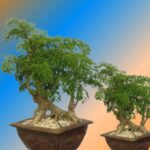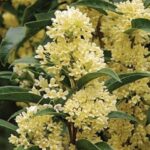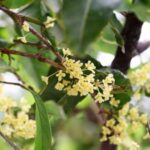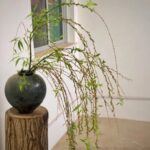## Fake Flowers and Fruits: A No-Go for Ancestral Altars
Artificial Flowers
Nowadays, artificial flowers are made to look incredibly lifelike, with vivid shapes and colors. However, according to feng shui experts, homeowners should never place fake flowers on their ancestral altars. If you want to offer flowers, they must be fresh.
Fresh flowers bring vitality to the altar. Fake flowers are lifeless, having only color but no fragrance, indicating the descendants’ lack of sincerity in worship as they can be left unattended for extended periods.
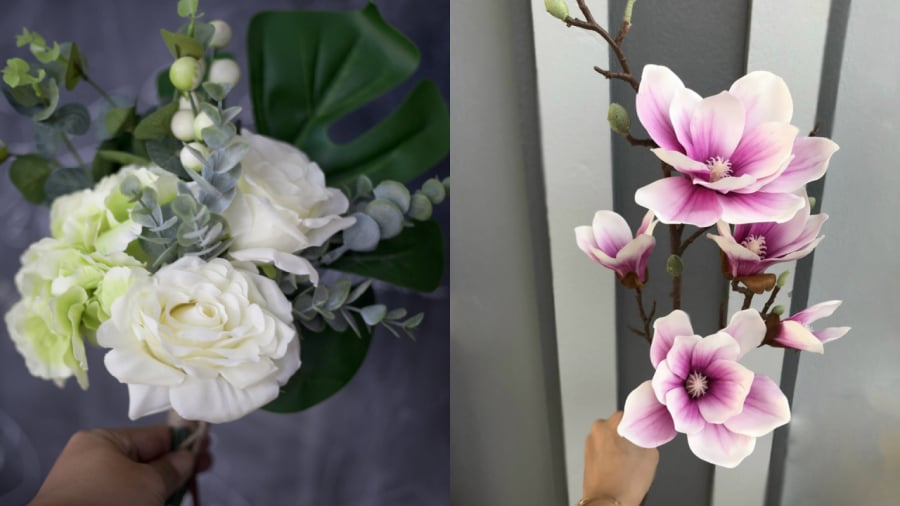
While artificial flowers can be aesthetically pleasing and long-lasting, they are not suitable for ancestral altars.
Worship is a matter of sincerity, and homeowners don’t need to offer expensive flowers or fresh flowers daily. It’s about doing what suits your circumstances. During festive seasons, anniversaries, and special occasions, fresh flowers with positive meanings can be chosen to offer to deities and ancestors.
Additionally, if the flowers on the altar wither and break, they should be removed immediately. Leaving wilted flowers not only creates an unpleasant odor and provides a breeding ground for bacteria but also reflects the descendants’ negligence in worship.
Artificial Fruits
Just like flowers, fruits offered on the ancestral altar must be real. Artificial fruits, though aesthetically pleasing, lack fragrance and edibility, diminishing the vitality and sanctity of the worship area.
Homeowners should choose fresh fruits, clean them, and neatly arrange them on a plate before placing them on the altar.
After the worship ceremony, it is advisable to distribute the fruits among family members immediately, rather than letting them rot over time.
Golden Branches, Jade Leaves, and Peacock Feathers
Currently, many places selling worship items and votive papers near temples offer golden branches with jade leaves and peacock feathers for people to buy and offer during temple ceremonies. It is believed that bringing these items home and displaying them on the ancestral altar will bring good luck and financial abundance for the year.
However, these golden branches and peacock feathers are essentially fake, only looking attractive initially but not suitable for placement on the ancestral altar.
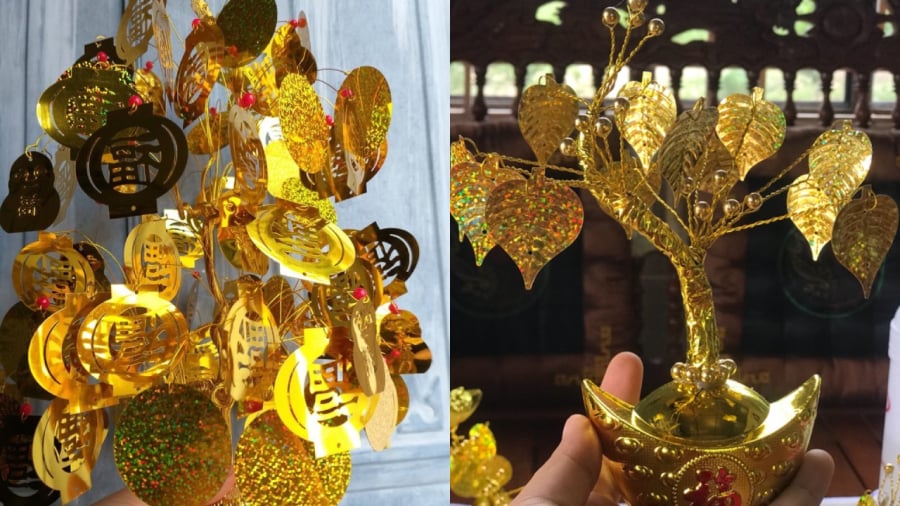
It is not advisable to bring golden branches and jade leaves from temple ceremonies and place them on your family’s ancestral altar.
Ideally, after the temple ceremony, these items can be burned as offerings.
Additionally, to reduce environmental pollution, people can minimize the use of such votive items. Worship is primarily about sincerity, and one need not prepare excessive offerings or votive items to demonstrate devotion.
Information is for reference and contemplation only.
“Attract Wealth and Prosperity: The Power of the Dinh Lang Plant”
“Eclipta alba, commonly known as Dinh Lang, is an incredibly versatile plant that serves multiple purposes in our lives. Not only is it a beautiful ornamental plant, but it also boasts an impressive range of medicinal and culinary uses, making it a valuable addition to any home garden. Growing Dinh Lang offers a wealth of benefits and adds a unique touch to your family’s well-being.”

























